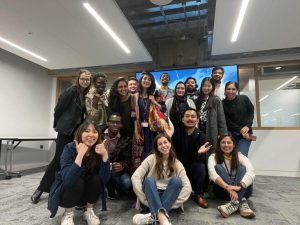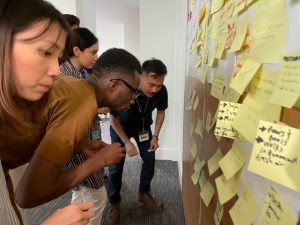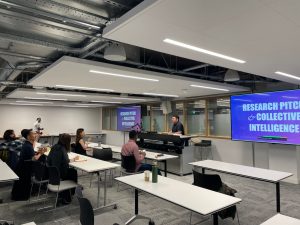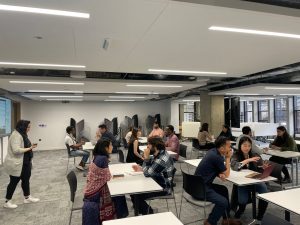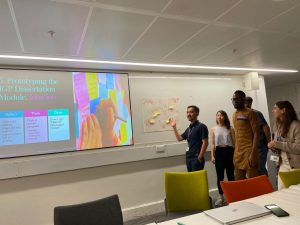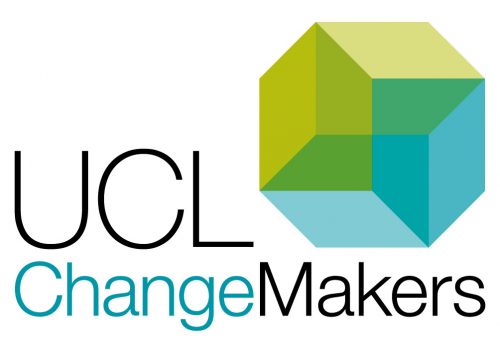THE TEAM
Lead: Mara Torres Pinedo
Support students: Amanda Kartikasari, Hemant Kumar, Ismat Juma, Kenneth Franco, Maria Jose Ascenzo
DEPARTMENT
Institute for Global Prosperity
WHAT HAPPENED?
The Dissertation Workshop co-developed with students a collaborative learning community to support and provide a sense of belonging for IGP MSc students during their dissertation period while reflecting on the overall learning process to improve research skills and collaborative learning for future cohorts. This project engages well with the ethos of the Institute for Global Prosperity and its commitment to transdisciplinary approaches to create more prosperous futures for all. Bringing innovation and dialogue spaces to explore models of future teaching practices that improve the belonging and wellbeing of our community can open the door to an authentic transformative education.
